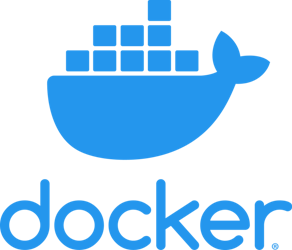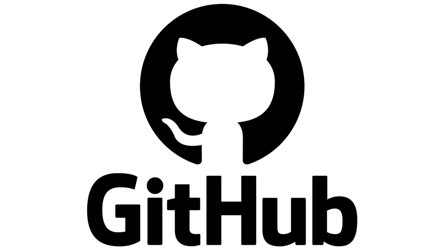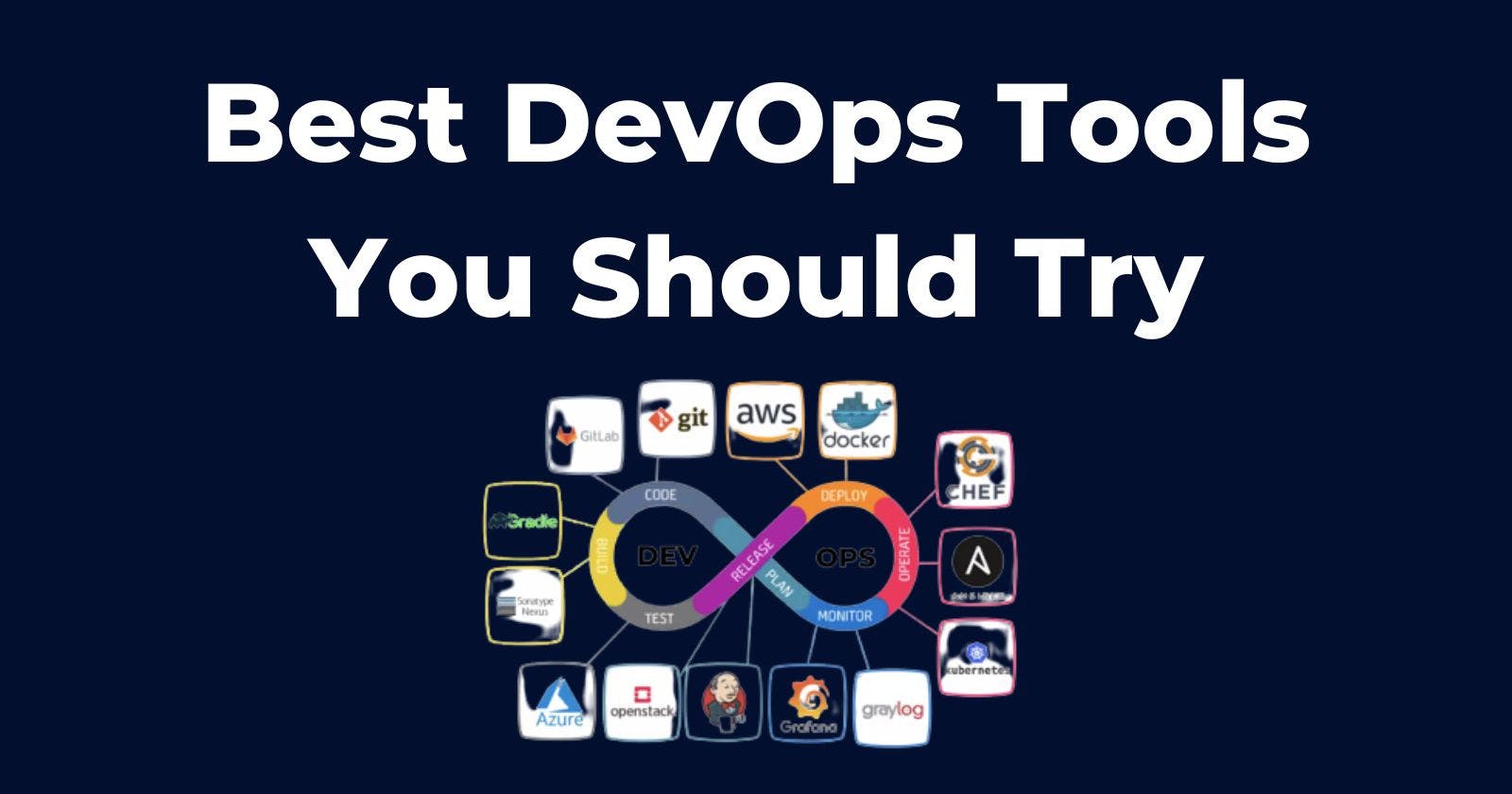The software production lifecycle is aided by these tools from beginning to end, covering everything from design and coding to project management and delivery.
DevOps is a set of practices wherein a company coordinates the use of various tools for use in various production processes, including but not limited to: planning, development, verification, packaging, release, configuration, monitoring, and version control.
Jenkins

Jenkins functions as a DevOps integration tool. Jenkins stands out as a CI integration because it supports both native and continuous-party plugins. Jenkins is a free and open-source continuous integration (CI) server written in Java. It works with a wide variety of platforms, including Windows, macOS, and various Unix distributions. Jenkins also supports deployment on cloud-based infrastructures.
Jenkins is an essential DevOps tool because it facilitates Continuous Integration and Continuous Delivery, two essential practices of the DevOps methodology. More than 1,500 plugins make Jenkins extensible and allow for the integration of specialized functionality during software development, making it compatible with the vast majority of CI/CD integration tools and services.
Jenkins is a valuable automation CI tool that requires little effort to set up and configure. It’s built to work with decentralized processes, so you can speed up and see everything that goes into your builds, tests, and deployments across environments.
Docker

Docker is a key component of the containerization movement, which is gaining traction in the information technology industry. Docker enables secure application packaging, deployment, and execution in any operating system. The application’s code files, runtime, and other essential components are all stored in the container.
Accessing the containers via the Docker Engine allows for the remote execution of applications. The app has helped businesses save money on costly infrastructure upgrades.
Slack

Teams often use Slack as a primary means of communication and collaboration because of its ease of use and high productivity. Technical companies all over the world use this app in DevOps. Slack facilitates communication between members of the maintenance and service teams while also allowing them to work together.
Vagrant

Vagrant is a tool that allows you to manage and work with multiple virtual machines from within a single procedure. Vagrant allows members of a team to pool resources in order to speed up application testing and share software running environments.
The tool eliminates the “runs on my system” excuse by ensuring that all developers’ machines have the same environment for a given project.
Ansible

For deployment, automation, and orchestration, Ansible is a popular open-source CM DevOps tool. Ansible is agentless because it employs the infrastructure as code architecture and uses SSH connections for its push nodes. Ansible is the most user-friendly of the three because its Playbooks are written in YAML with few commands and can be understood by humans.
GitHub

When it comes to simple collaboration, DevOps tools like GitHub are among the best. This tool allows developers to make changes to the code quickly and notify their colleagues instantly. Branched history of changes are stored sequentially within the tool, allowing for instant rollbacks to the previous version within seconds in the event of any error or fallout.
Chef

Chef is an open-source configuration management solution and one of the first DevOps tools.
To simplify server setup and upkeep, you can use Chef. It can also automatically configure and provision new machines when integrated with cloud-based solutions like Amazon EC2, Microsoft Azure, Google Cloud Platform, etc.
It makes it easy to add new nodes to an IT infrastructure without requiring any manual updates and guarantees that all nodes are connected.
Kubernetes

Kubernetes is a platform for automating the orchestration of distributed systems that makes it easy for developers to deploy and manage applications in isolated containers across distributed systems composed of multiple nodes. Kubernetes is used by developers for the purpose of streamlining and improving the production process by automating tasks like container configuration, scaling, networking, security, and more.

